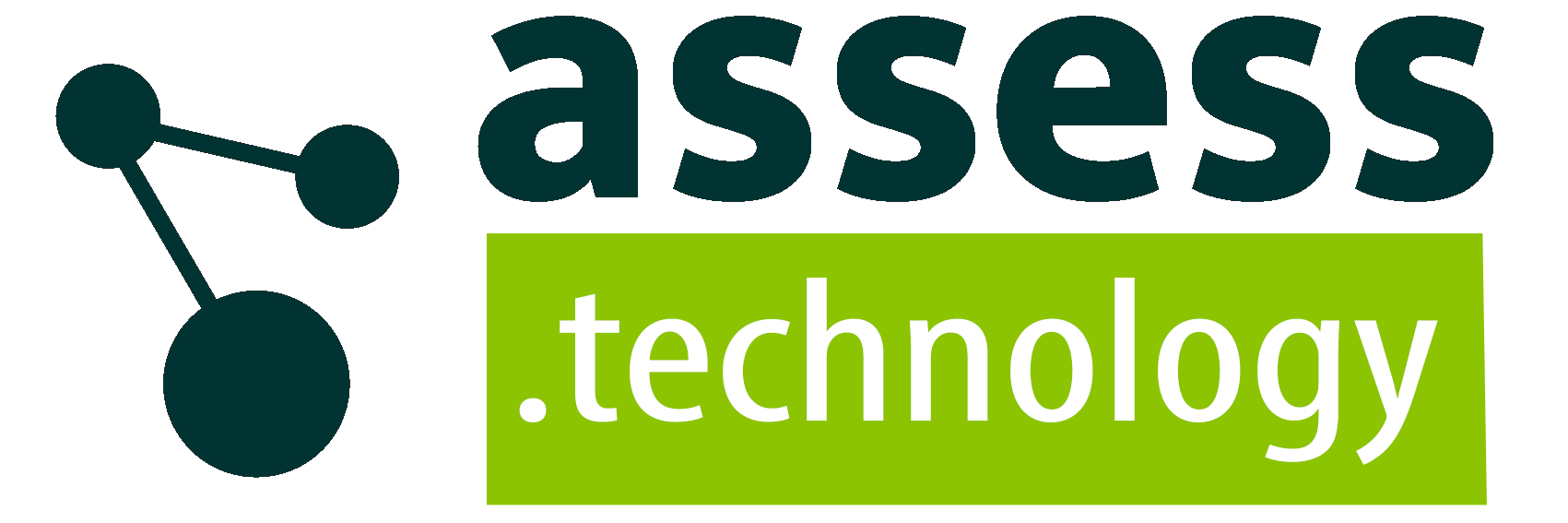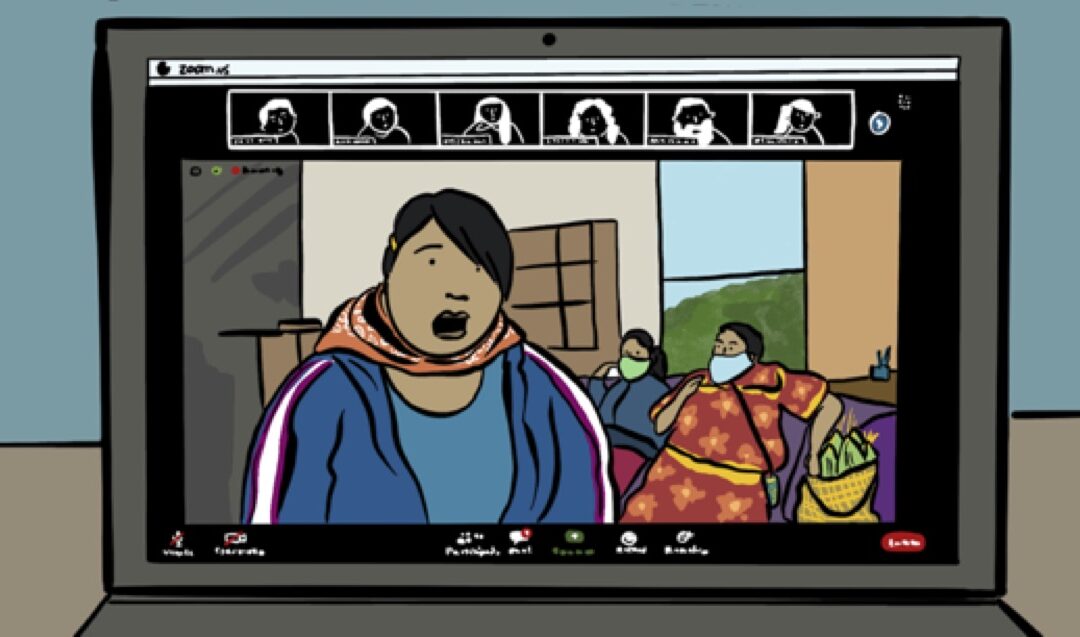The Covid-19 pandemic has accelerated the rise of a global resource-grab in our food and agriculture systems. This encompassing the digitalization of its core ecological and social components as a new means of making vast profits. Approaches that claim precision and efficient resource use are in fact a power grab by a data colossus – the world’s largest corporations, such as Google, Amazon, Microsoft and Alibaba – from the fields and fishing grounds of farmers and fisherfolk. Some groups of smallholder and peasant farmers have either been drawn into bargaining with such corporations or attempted to create their own open source alternatives. However, the principles of food sovereignty can ultimately only be protected by democratic processes that challenge the monopolistic powers that are being acquired by these corporations, with the collusion of most governments. To develop an alternative to a corporate-controlled “fourth industrial revolution” and to regain control over our food and agricultural futures, we need to build a comprehensive system of technology assessment across the globe. The set of online resources at https://assess.technology/ are designed to address this urgent need.
New inclusive and participatory forms of technology assessment are fundamental to imagining the debate towards what could be a fair, just, and ecologically sustainable use of digital technologies that serve the common good. Participatory technology assessment (PTA) are processes that enable people to evaluate new and emerging technologies and allows them to examine the interests and powers behind the introduction of new technologies, the ways in which they are applied, and their potential impacts on the environment and communities. The active involvement of civil society, indigenous peoples, local communities, farmers, fisherfolk, popular and social movements is fundamental in PTA, with an aim to exercise democratic control over technologies, grounded in the precautionary principle and the rights of communities to free, prior, and informed consent.
Respecting collective decisions to adopt or reject a technology or putting conditions on its development and application is a key element of PTA.The process could focus on scientific research linked to the development of future technologies that could directly impact communities, as well as existing technologies that were imposed without such consent. It could foster food sovereignty and even conflict reduction in communities through peasant agroecological approaches. It could provide a powerful platform for communities to examine the relevance of digital technologies in the food system, explore the desirability of non-digital options, and consider a variety of options and innovations beyond the technological sphere.
Despite its powerful backers, a future along the lines of the fourth industrial revolution is not inevitable. As the Covid-19 pandemic has shown, localized food systems based on agroecology are far from elimination. Innovation and technological developments can take many paths. Each path involves choices that are intrinsically political. The moment at which we find ourselves as humanity requires precaution, which means understanding of the real nature of uncertainty. It means avoiding the common sense error of mistakenly assuming either the safety or harm of a new technological system. Reclaiming our future in a way that is guided by precaution and democratic accountability, rather than abandoning it to the ambitions of mega-corporations, is not only possible but a moral imperative.

